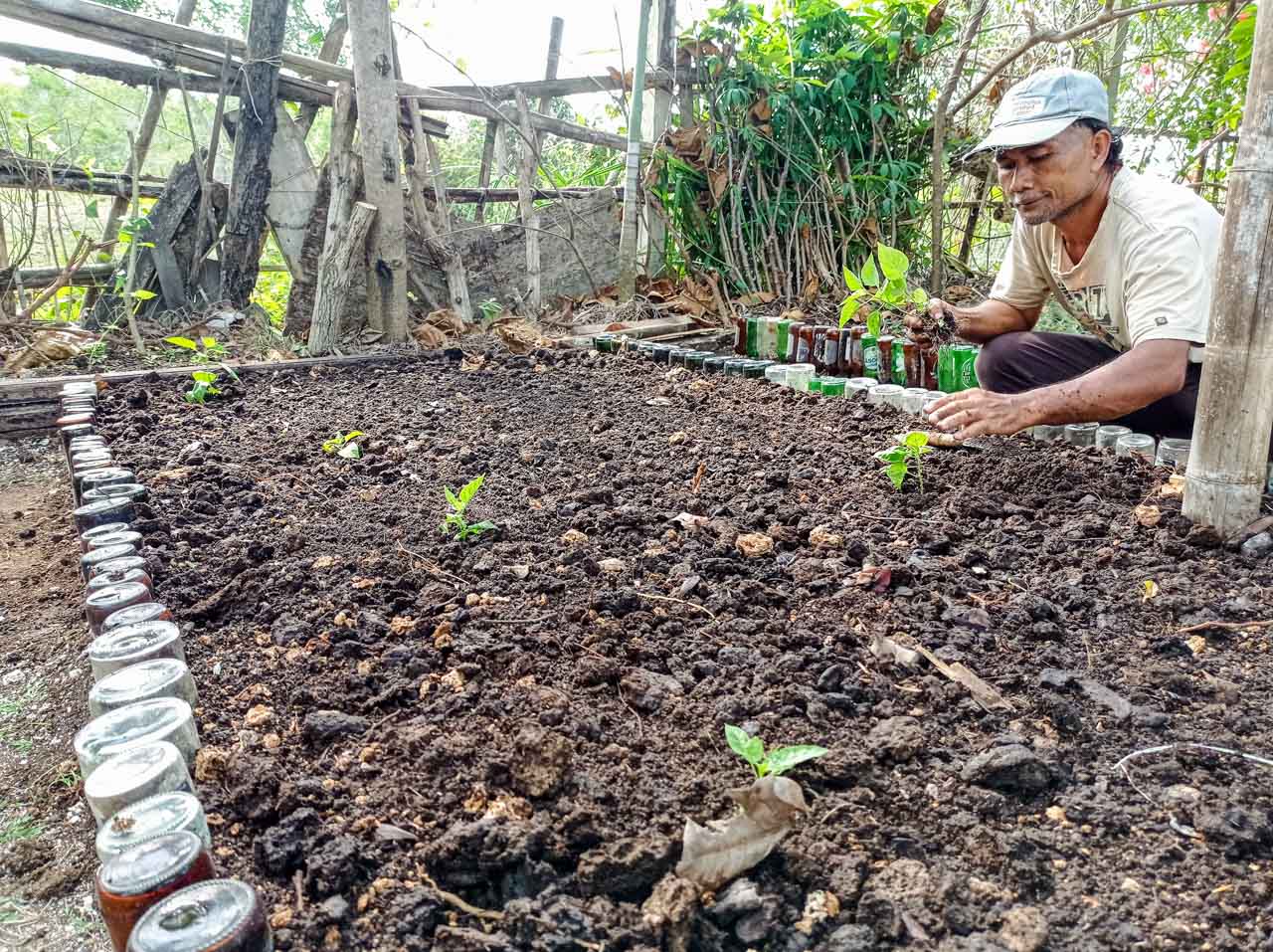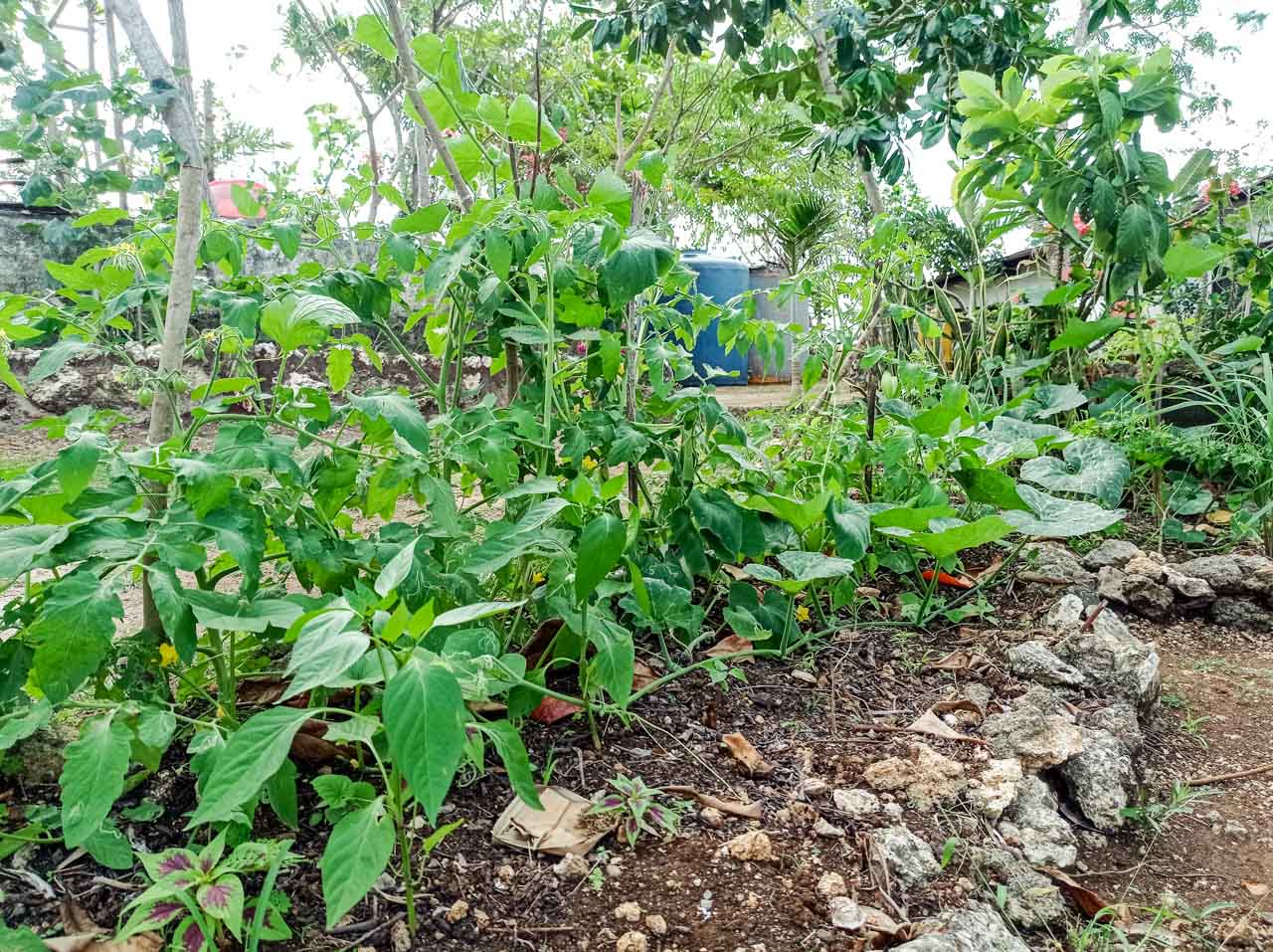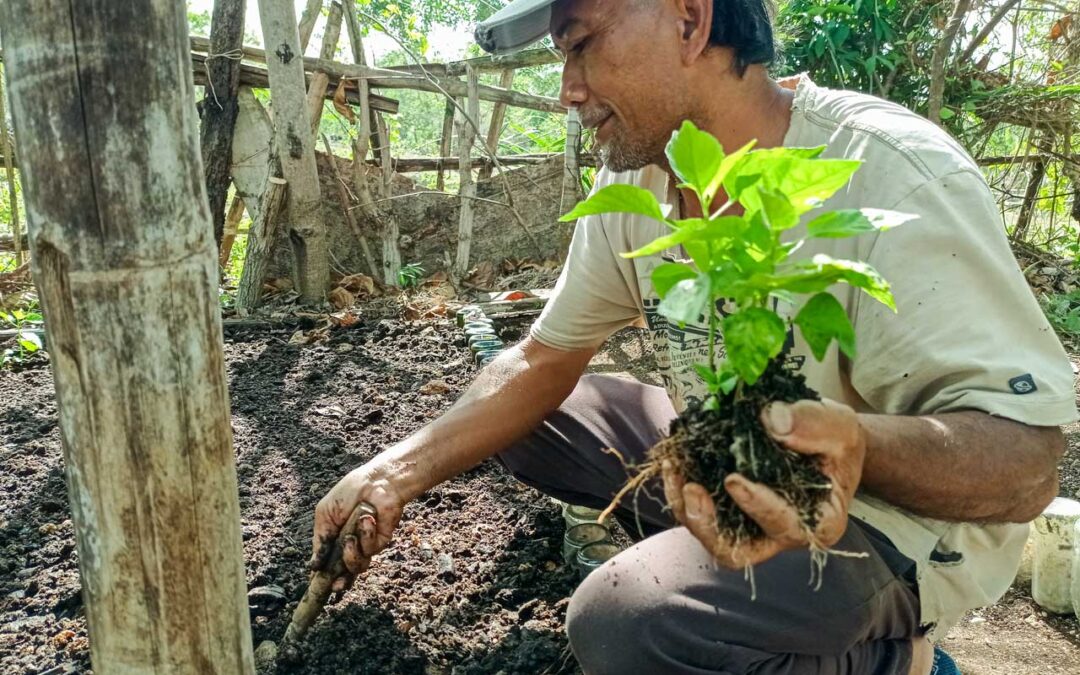People often seek out alternative leisure pursuits to revitalize and occupy their free time at home in an effort to decrease stress, with gardening being one such activity. A cheap and enjoyable hobby is gardening. Why? Since producing and appreciating the beauty and fruit are two ways that gardening allows us to express ourselves. The permaculture approach has made gardening more enjoyable, so there’s no need to worry about having a little piece of land.
Learn More About Permaculture

Permaculture is a technique that emulates a zero-waste system by integrating land, resources, people, and the environment through mutually beneficial synergies. The approach aims to view a piece of land holistically, taking into account every plant and animal that lives there as well as a social framework intended to support sustainable agriculture. The demands and contributions of each component of the food cycle are broken down, and each component is then combined to create a dynamic, self-sustaining whole. The study of permaculture enables us to comprehend how we can sustainably integrate nature and society. Instead than battling or competing with them, cooperate with nature and people to learn from them.
Benefit of Permaculture

Permaculture, as a sustainable farming method, unquestionably has effects and advantages for Indonesian agriculture. These are a few of the effects and advantages, including:
- Farmers that want to gradually transition away from monoculture agriculture can use permaculture as a tool. Farmers can grow a range of agricultural products and receive a range of foods without harming the environment by adopting different permaculture techniques.
- The application of permaculture can increase the country’s food security and give farmers the chance to collect their own food ingredients without having to pay extra money (Didarali & Gambiza, 2019). Farmers can lower the amount they have to spend on food by using permaculture. Foods grown using permaculture have also been demonstrated to have more nutrients, which is good for the health of both the farmers and the people who purchase their produce.
- The use of permaculture can help make the ecosystem more climate change-resistant. Farmers can utilize permaculture to reduce pesticide use, which is bad for the health of people and animals that consume agricultural products, stop global warming by planting trees and plants, and fertilize land that has been cleared of trees due to illegal logging. The use of permaculture also makes it possible for people to recycle all of the natural resources that are already available, preventing waste and environmental degradation.


Recent Comments